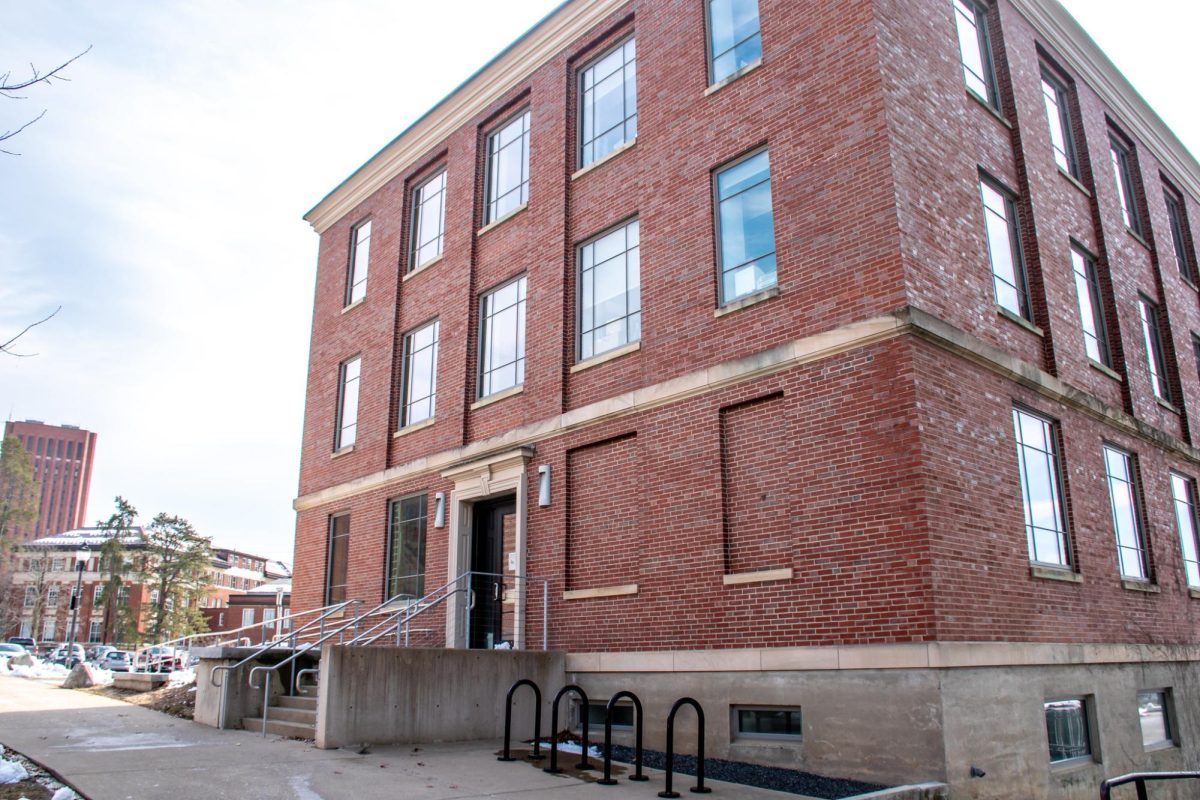College is an exciting time for any new student. Between discovering your independence, going to parties and meeting new friends, there’s something for anyone to look forward to. But the biggest drawback of college for both students and parents alike is the price tag. College is a time to live on your own for the first time and study for your future career, but that doesn’t come without the cost of paying for housing and courses.
Few students can rely on their parents to fully support them through college, while the rest need to take out loans to pay for tuition and other expenses. However, these loans can’t cover everything, and emergency costs can completely change a student’s semester if something goes wrong. For example, I recently needed a repair on my car that I use to get to my on-campus job, as well as for DoorDash when I don’t have any shifts scheduled. Since I had just bought my course textbooks and other items for my new dorm, I was low on money and had to put the charge on my credit card.
While this wouldn’t be a significant expense for the average person, it’s difficult for a busy college student to get by when there is a real need for income but a lack of opportunity to work. At most, I can work 20 hours per week before it starts to seriously affect my academics. If I can only work half of what a typical worker does, how can I support myself?
The conversation of minimum wage already occupies a big space when it comes to political and economic discussions. One side calls for raising the minimum wage, and the other side rebukes it, stating an increase will only reduce the value of the dollar. So, if we raise the minimum wage, would that not just drive tuition prices up? Not necessarily.
Public universities are funded by both tuition and state tax revenues; however, funds from state tax revenues have decreased recently because of a rise in tuition prices. States can readjust the amount of money they spend on public universities to support higher wages for on-campus jobs. It should be noted that only students who have taken out loans can apply for these raised minimum-wage jobs. Private for-profit universities already offer large financial aid programs to entice students to apply. As their tuition is much higher than public universities, students enrolled in those universities shouldn’t be afforded a raised minimum wage because there are cheaper options, as well as the reputation of the school granting them higher-paying job opportunities after graduation.
At the University of Massachusetts Amherst, there are only a limited number of jobs like campus security, dining hall staff, campus recreation and a sparse number of other miscellaneous jobs. Most of these jobs pay the minimum wage of $15 per hour, and most provide only a few hours per week. While most students’ housing, utilities and food can be covered by either parents or loans, that doesn’t mean they don’t have their own expenses. Especially when coming out of college, the average borrower owes $28,950 in student loans. While students don’t need the money immediately to live, debt takes away a lot of post-graduate opportunities because of financial obligations. Universities must also focus on taking on a larger number of student employees, as this can benefit both their students and the productivity of the university itself.
If this country values work ethic and being able to provide for yourself, working should be able to get you somewhere. If I’m working to pay off my loans while in college, should that not be able to put a tangible dent in the amount I owe? What lesson does it teach younger generations that no matter how much you work, you’ll still be in debt? It can feel pointless to contribute to a society that won’t contribute to you.
The young adults who graduate with degrees will one day be the mature men and women who run this country; don’t we owe it to them to ease their struggles now so they may be more successful and, in turn, make this country more successful? While special treatment shouldn’t be lauded, it may be more prudent to give students a break so they can study more and effectively contribute to whatever sector they dedicate their lives to.
America’s hustle culture needs to end, as it only promotes damaging one’s health for monetary gain. In the future, what’s going to matter more: how many hours I spent working off my credit card payments or how many hours I spent studying to be a teacher?
William Fry can be reached at [email protected].






